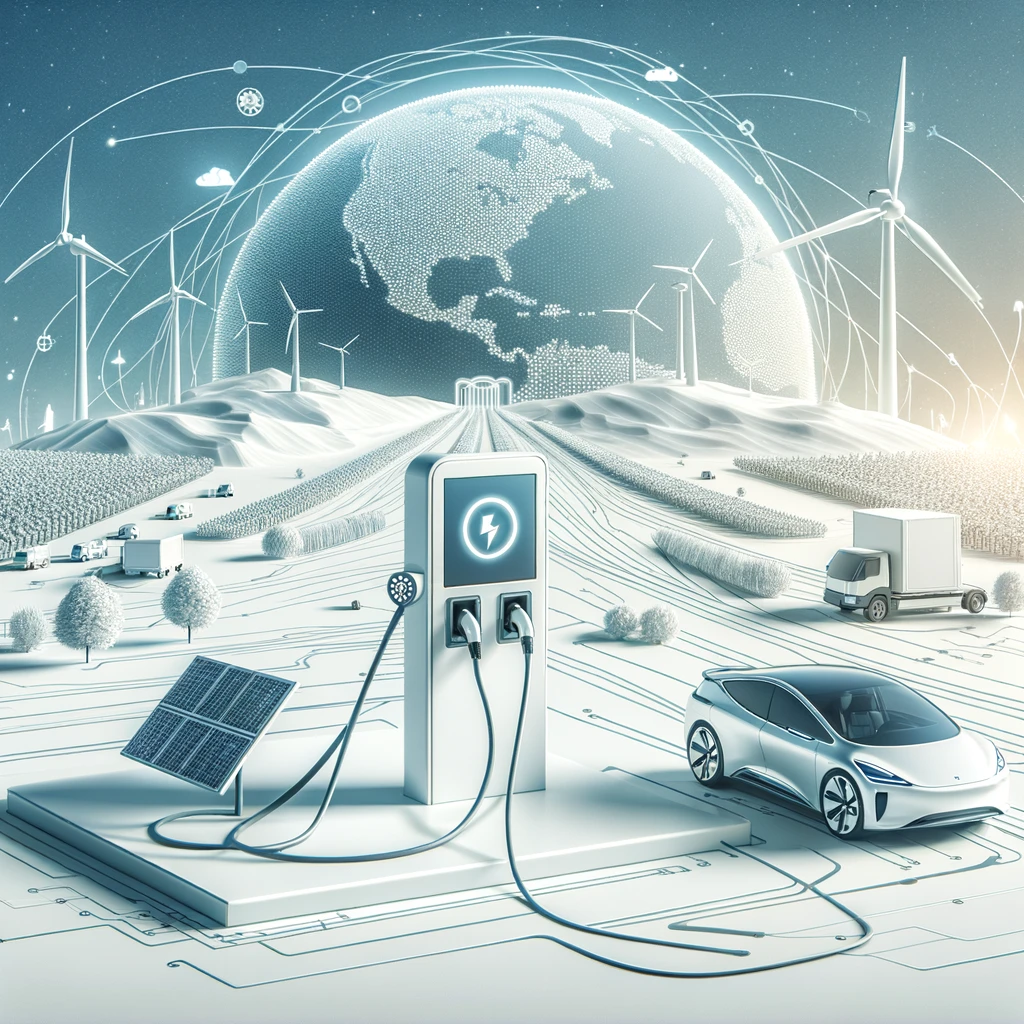January 28, 2025
Author: Tayna LaPierre

This week, I had the privilege of delving into some of the most pressing issues facing the electric vehicle (EV) ecosystem, as highlighted by state commissions and industry leaders during a recent event. These discussions underscored the enormous opportunities and challenges as we strive to accelerate EV adoption and develop resilient charging infrastructure.
Growing Pains in EV Infrastructure
As EV adoption surges, grid constraints and infrastructure delays are becoming increasingly apparent. A utility representative captured the challenge succinctly: “We’re not worried about how much energy we produce but about when and how we distribute it.” The rise in EV charging demands is stressing local distribution systems, particularly transformers, as many drivers charge during peak times. This has led to delays in connecting new charging stations, with some projects taking 1–5 years to come online.
Additionally, California’s utility costs, driven in part by wildfire mitigation efforts, are creating economic pressures that make EV adoption less accessible for some consumers. As one panelist noted, “The cost of electricity is rising, making the economics of EV adoption increasingly challenging.”
Public and Private Collaboration: A Path Forward
California’s leadership in deploying EV infrastructure, supported by initiatives like the Low Carbon Fuel Standard and California Type Evaluation Program (CTEP), sets an important benchmark. However, Washington State’s efforts to deploy 1,500 public chargers by 2026 also highlight the importance of state-specific approaches. These initiatives are backed by public funding and private sector partnerships, showing that collaboration is essential to meeting ambitious EV goals.
Still, there is an equity gap to bridge. Disadvantaged communities often lack adequate charging infrastructure, and subsidies will be critical to ensure these areas are not left behind. A speaker emphasized this by saying, “Equity must be at the center of EV infrastructure development.”
Ensuring Consumer Protection with EVSE Testing
As the EVSE Product Manager at TESCO Metering, I’m especially attuned to the importance of consumer protection in EV charging. Unlike gas pumps, where gold seals guarantee accuracy, EV chargers remain largely unregulated. As I raised during a discussion: “When we go to a gas pump, we see that gold seal guaranteeing accuracy. But EV charging is still the Wild West. Legislation exists, but who ensures compliance?”
California and CTEP are leading the charge to enforce EVSE certification, but a lack of registered service agents and testing equipment poses significant hurdles. TESCO’s NIST-approved test equipment is designed to address these gaps, ensuring chargers deliver accurate billing and performance while protecting consumers and fostering trust in the EV ecosystem.
Innovations and Flexible Solutions
Despite these challenges, the event highlighted promising innovations. Vehicle-to-Grid (V2G) technology offers a solution to grid stress by enabling vehicles to return power during peak demand. School buses, for example, are ideal for this application since they are typically idle by late afternoon. “By 4 PM, they’re typically idle and can return power to the grid,” explained a panelist.
Temporary and portable charging systems, such as propane-powered solutions, are also being deployed to address immediate infrastructure needs. These systems provide a critical stopgap while permanent charging infrastructure catches up with demand.
Financial Models for a Growing Industry
Securing financing remains a significant challenge for scaling EV infrastructure. Panelists stressed the need for innovative financial models, blending public funding with private capital. As one financing expert observed: “We need a blend of public funding and private capital to scale effectively.” Ensuring consumer trust through accurate billing and transparent pricing structures is equally critical for long-term success. Without clear and consistent pricing models, EV drivers may struggle to understand their costs, leading to hesitation in EV adoption. Implementing certified and regulated EVSE testing is key to protecting consumers, enabling fair transactions, and creating a stable market where both investors and users feel confident in the infrastructure’s reliability.
Reflecting on the Journey Ahead
The EV industry is undoubtedly in its “teenage years,” experiencing the growing pains of rapid transformation. However, as one speaker aptly put it: “This is a once-in-a-generation opportunity, but it’s also a time for thoughtful planning.” Addressing grid constraints, ensuring equitable access, and advancing consumer protection through accurate EVSE testing will require collaboration across all sectors.
At TESCO Metering, we are committed to being part of the solution, providing the tools and expertise needed to support this transition. From NIST-approved test equipment to fostering partnerships that prioritize accuracy and compliance, we are focused on building trust and reliability in the EV charging experience.
The road ahead is long, but with the right partnerships, innovative solutions, and a shared commitment to equitable electrification, we can meet this moment and create a cleaner, more sustainable future for all.




0 Comments